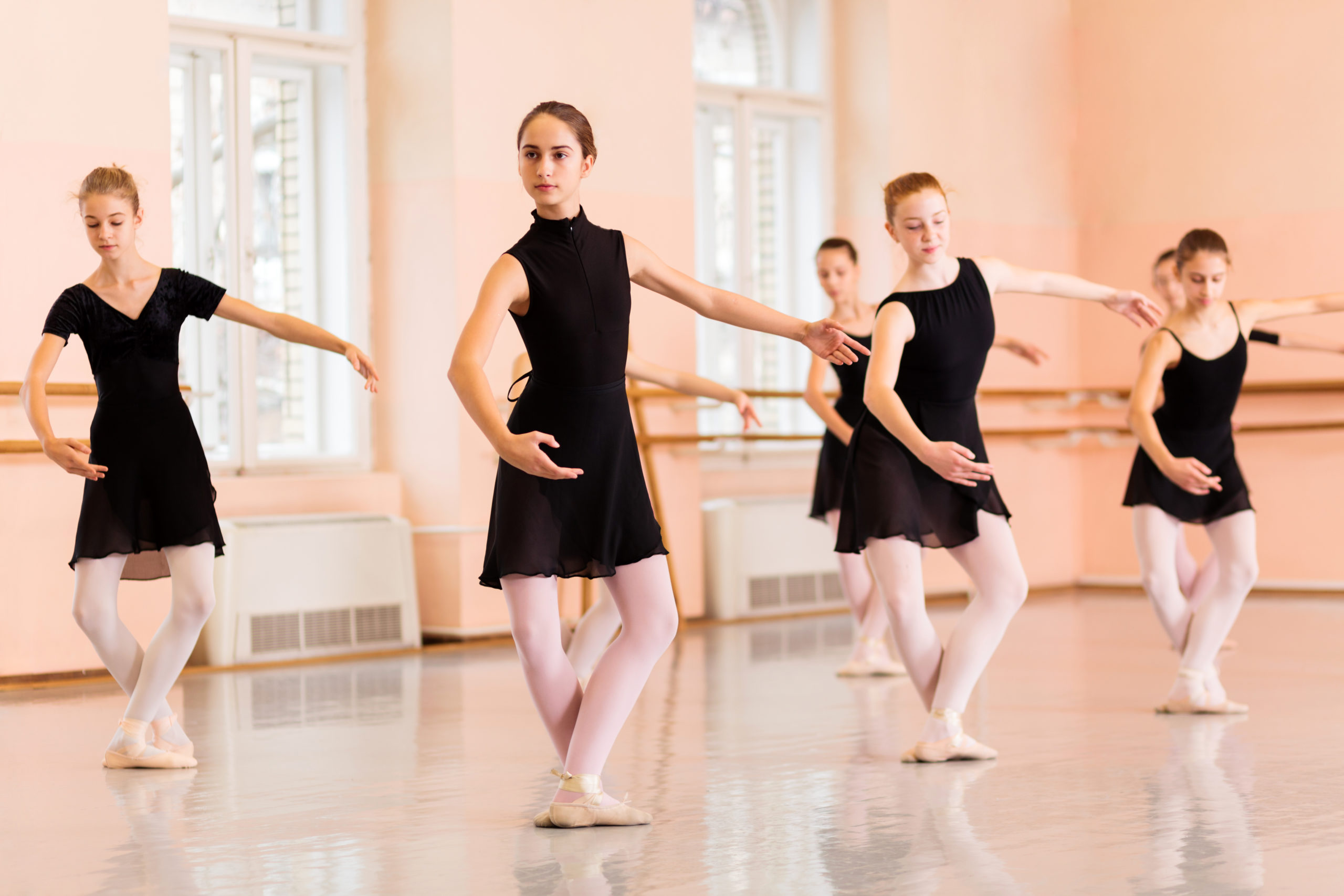Get the Nitty Gritty: Build Personal Grit to Propel Your Goals
Grit is more than a grain of sand—it’s a powerful state of mind that can help propel your dance career. In psychological terms, grit is “the combination of passion and persistence towards long-term goals that are personally meaningful,” says Dr. Imogen Aujla, a dance psychology researcher, coach and lecturer. Building your own wellspring of grit will help you ride out the inevitable ups and downs of the dance world and boost your chances of achieving your dreams.
In a study published in December 2021, Aujla and her colleagues examined grit and psychological well-being in freelance dancers, choreographers and teachers in the United Kingdom. Despite common career challenges like financial insecurity and intense competition for jobs, “the freelancers had relatively high levels of well-being,” Aujla says. For example, they appreciated contributing to their art form and enjoyed the day-to-day variety that enabled them to grow artistically.
They also rated themselves highly on eight grit-related questions. “To keep picking yourself up—going for things again and again—requires really high levels of grit,” says Aujla. In fact, the study showed that early-career professionals tend to have more grit than established artists do. This may be because later in your career, “you’re in a much more comfortable position,” says Aujla. “You can afford to relax a little bit and not have quite so much persistence.”
Aujla suspects that responses would be similar for freelancers in the United States. Even for dancers with company contracts, the internal competition for roles can be fierce, and contract renewals are not guaranteed. “You probably still need a large amount of that gritty stuff to stick at it,” she says.
So how do you get “that gritty stuff”? You probably already have more than you realize—you show up at the studio when you’d rather be in bed, you rehearse that tricky combo until you nail it—and you can build on it with these suggestions from Aujla.
Pursue SMART Goals
Turn big ambitions into SMART goals: Specific, Measurable, Achievable, Relevant and Time-Bound. For example, if your goal is to do a grand jeté with your legs at 180 degrees by November 1, break that down into SMART goals, such as improving your leg flexibility and strength. Those smaller wins will help you recognize the progress you’re making along the way.
Strengthen Your Mental Toolbox
Learn to cope with setbacks, manage anxiety and nurture optimism. “As with physical skills, mental skills need to be practiced,” says Aujla. For example, if piqué turns make you feel like screaming, visualize that you’re in a helicopter, looking down over yourself—and everyone else who may also be struggling. A broader perspective reminds you that you’re not alone, which helps reduce anxiety and boost determination. Try journaling, mantras and affirmations, or try online resources like the courses, coaching and writing on Aujla’s site, danceinmind.org.
Deal With Burnout
If you feel your passion for dance slipping, “it may well have to do with stress and burnout, rather than falling out of love with it,” Aujla says. A therapist or online resources can help you spot and address burnout—and sometimes just walking around the block, watching a funny video or chatting with a friend is enough to refresh your mindset.
Connect With Others
Aujla emphasizes the importance of connecting with your peers as collaborators rather than competitors. Also, “a mentor can offer guidance and support,” she says. If you admire a particular choreographer or dancer, consider approaching them with a specific question. Think about what you could you learn from them, and how.
Seek Your Own Solutions
Try addressing smaller issues before asking others for guidance. For example, if you want to master triple pirouettes, start by searching for tips and practicing on your own, and then follow up with your teacher, dance captain or artistic director. Ultimately, “solving problems may well involve others,” Aujla says, but by meeting challenges yourself, you’ll be developing resilience and grit.




